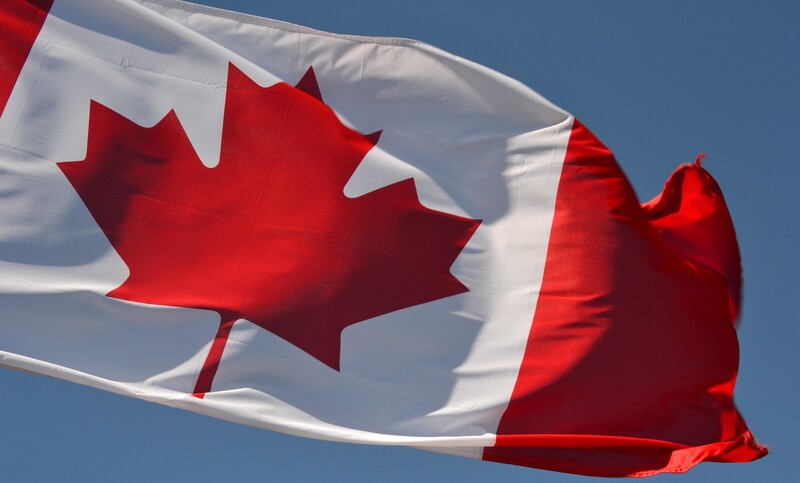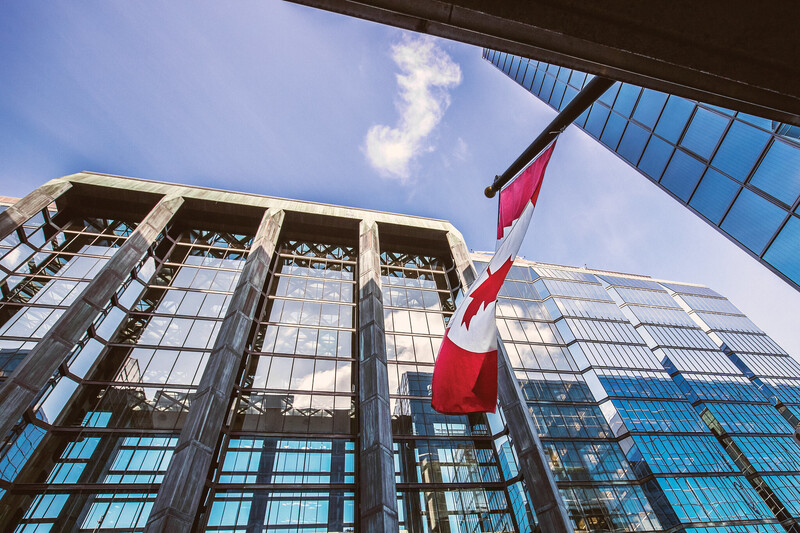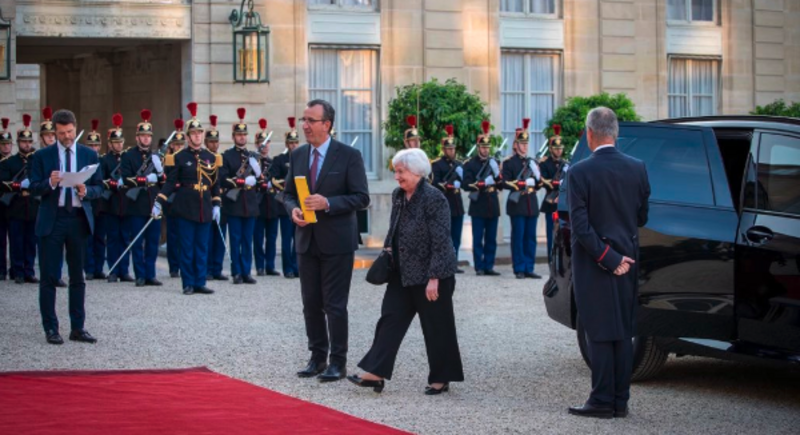A new train system launching today in Montreal is set to reshape how people get around the city—and could become a proof of concept for a new way of building infrastructure elsewhere in the country.
Catch up: The first phase of the Réseau Express Métropolitain (REM) will whisk riders from the suburb of Brossard to Montreal’s central station—a trip that takes up to 40 minutes in rush hour traffic—in just 18 minutes.

.png)


.png)


.gif)
.gif)
.png)